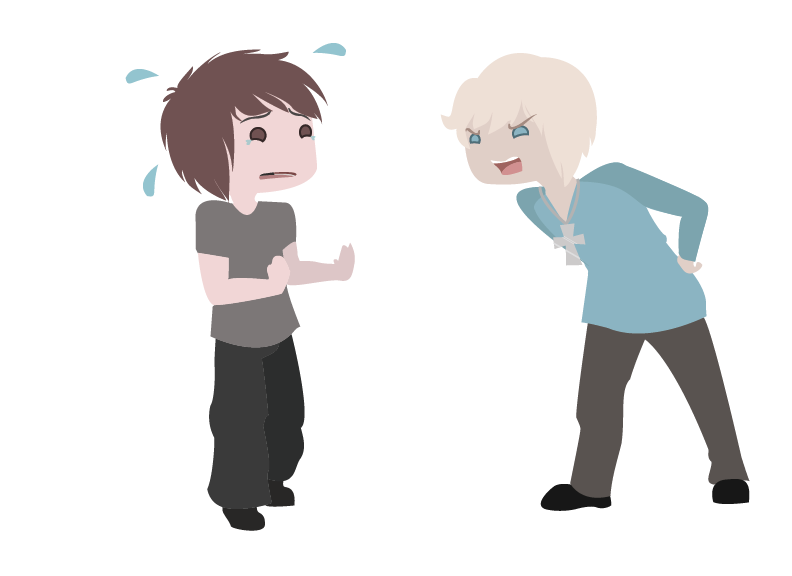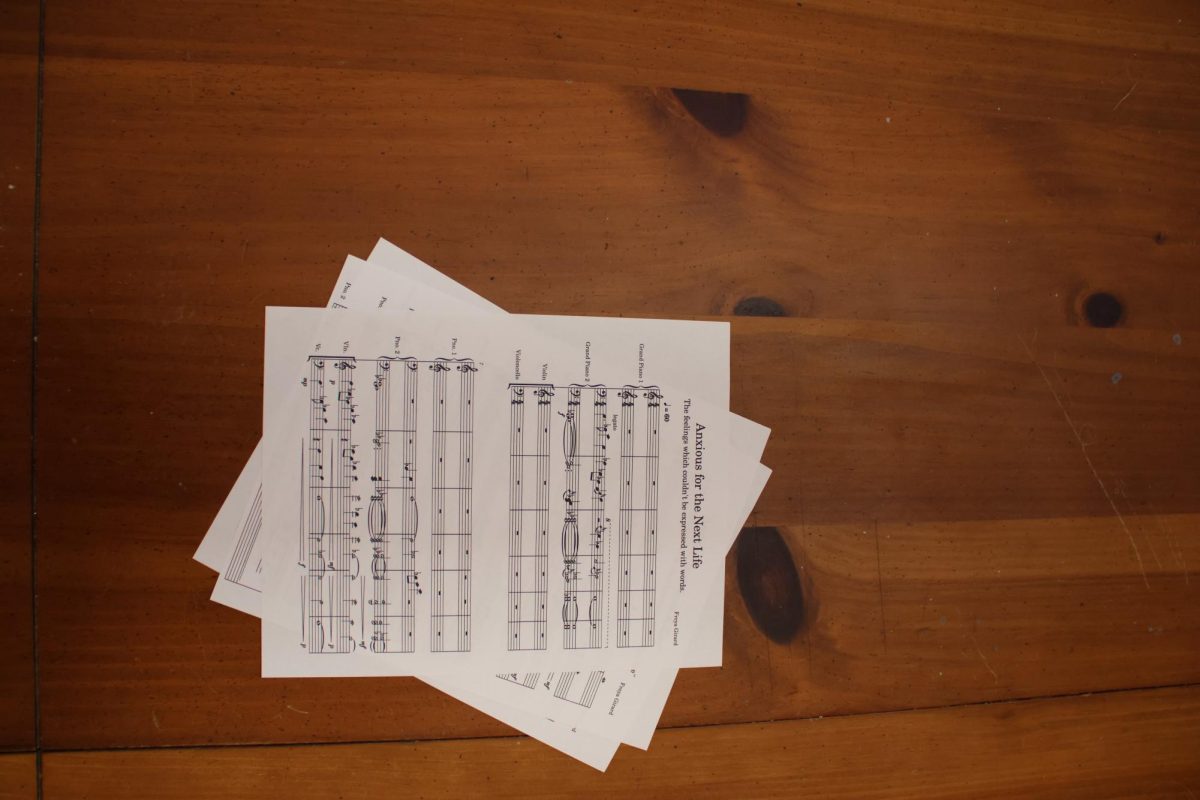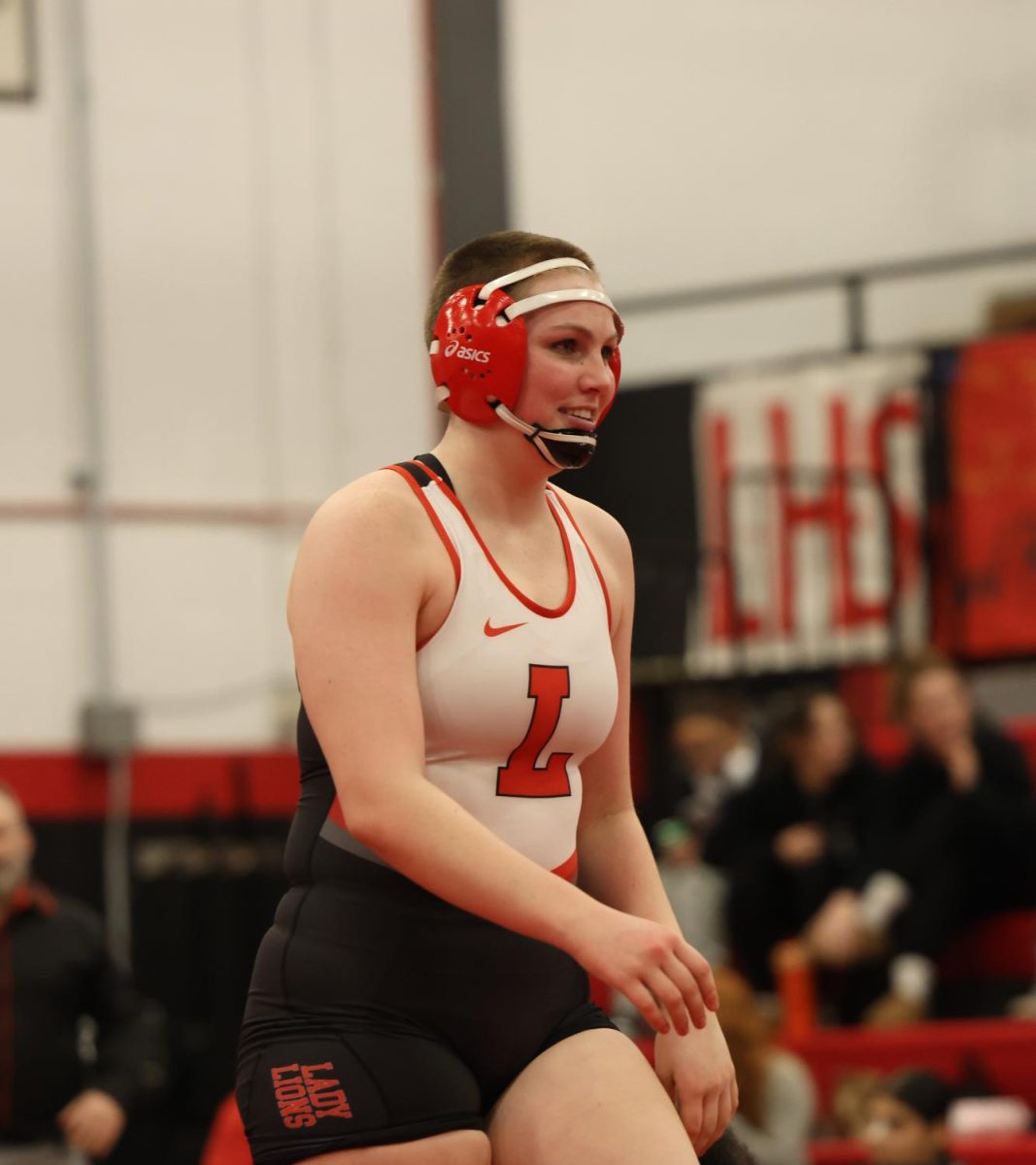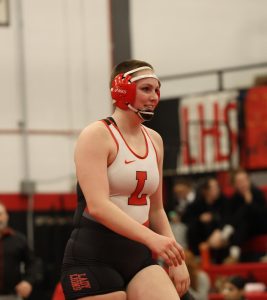Religious beliefs create confusion
Atheist students face unfair assumptions and discrimination about their religious beliefs
April 9, 2014
I wasn’t raised with a god. There was never a higher power or church on Sunday.
For five or six years, Christmas and Easter passed without me realizing what we were celebrating. Seeing people’s palms pressed together confused me until I got to public school when I was immersed in a society in which people kept their knees on the ground and eyes closed.
The atheist population has been rising lately, but atheism is not a new concept at Lawrence High.
“Back in the mid ‘90s when we started taking a look at what some areas in the school were that had students that were being discriminated, we found that religion, or lack of a specific religious belief was an area ,so we had students who were teased for being Christian [and] we had students who were teased for being atheist,” prevention specialist Diane Ash said.
It is evident that the majority of students are of Christian faith and haven’t always been accustomed to non-religious people.
We live in an environment that assumes everyone is Christian unless external evidence says otherwise, like a T-shirt or necklace. It’s almost as if we need to wear our religion to get the point across.
“I’m not at all religious, but most people just assume that I’m Christian just because I don’t openly walk around saying that I don’t believe in God,” sophomore Genevieve Voigt said.
There is, however, a pressure to believe in God, a pressure so tremendous that students and teachers avoided interviews on the topic.
There is no way for atheists to come together in support of each others’ views without possibly damaging the way people view them.
“You could start a club, [but] that might actually make it worse,” Voigt said. “Maybe atheists don’t really have that ability because if they did form a group or a club they probably would be discriminated against just because there are people who have a misconception of what atheism is and what atheists think and believe. We really kind of don’t have that right. If there were an Atheist Club, I wouldn’t join just because I don’t want people to get the wrong idea about me. Whereas Christians have the opportunity to form whatever sort of group they want and people generally think of it as a good thing, but they think of atheism as a bad thing.”
The stereotypes are crushingly false. From “devil-worshipers” to “heathens,” many have the wrong idea of what atheists believe. For the record, people can’t be devil worshipers if they’re atheists, since atheists deny any sort of god or deity.
I never really knew about the concept of a higher power, and when I did, I wasn’t interested. As a curious 7-year-old, I wondered why my friends could never hang out on Sunday. In third grade, I finally got to attend a church service, and the concept of religion became more clear.
Around the of age 11, I knew I wouldn’t ever be able to believe in anything. The existence of a higher power didn’t sound plausible, and I knew people had gone to the moon and back without seeing heaven. The Earth’s center isn’t hell, like some people believe — it’s just the core.
Not, unlike many other atheists, I have yet to encounter information that proves that there could be a god.
“I didn’t grow up believing in God, and nothing has really led me to believe that there would be God as Christians know it,” Voigt said.
Even though little evidence exists, for some that is irrelevant as we go to school and see summer camp T-shirts referencing JC almost daily.
Where Christian kids are free to discuss their beliefs, atheist students are shunned for their disbelief. Worse yet, atheist students live in a world where they are assumed to be something they aren’t.
Students need an open door to decide what religion or non-religion they subscribe to. Everyone should be free to question the belief systems presented to them as children.















